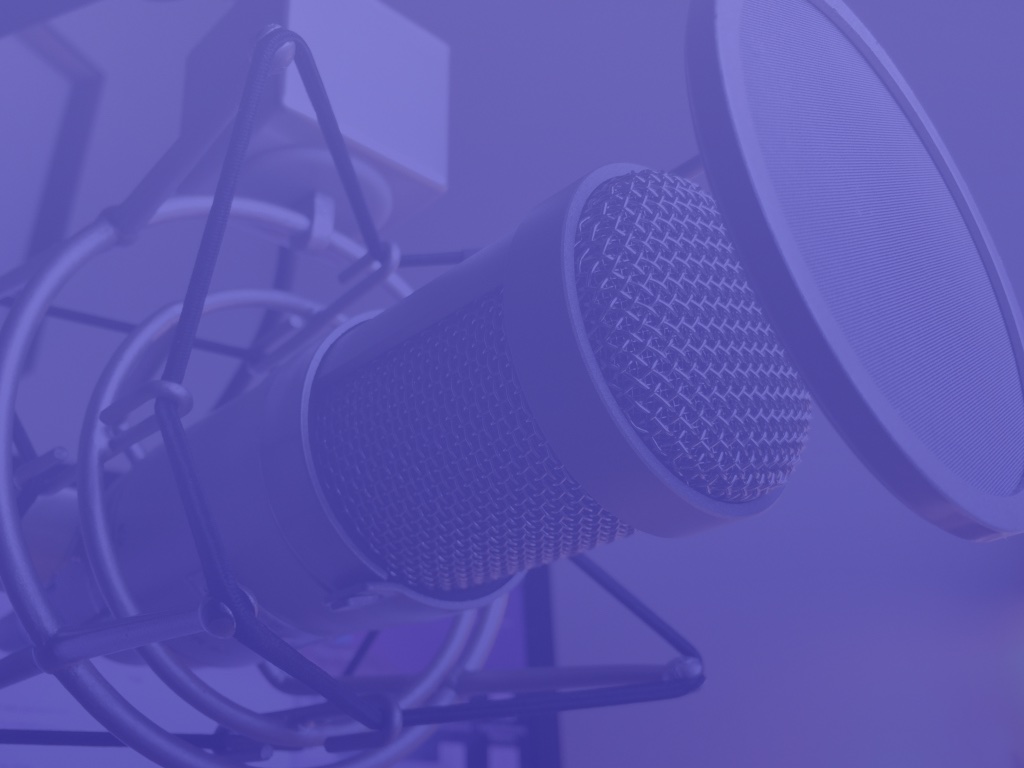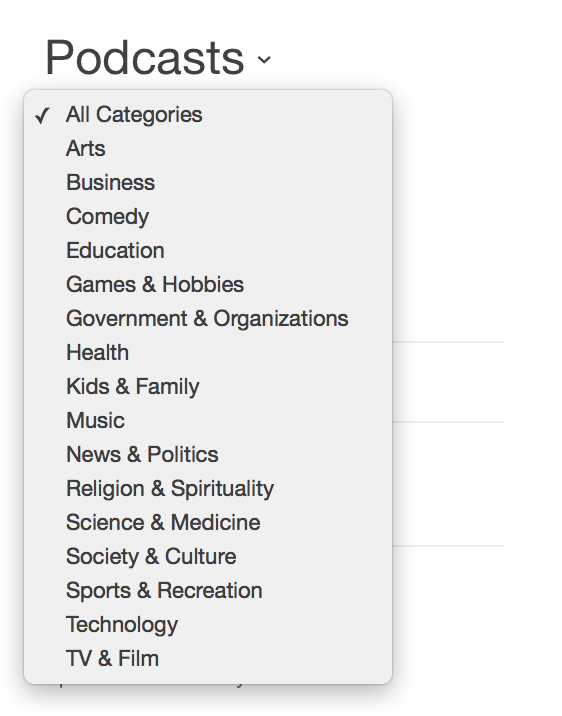
Last week, we recorded episode 92 of Let’s Talk Jailbreak and episode 66 of Let’s Talk iOS. That’s 158 episodes under our belts, or over three years of shows if each show was spread out on week-to-week basis. While I wouldn’t dare claim to be the supreme podcast expert, I can say that I have learned a lot as both shows have grown from humble beginnings.
Podcasting isn’t exactly rocket science, but it does take some effort to make a show sound decent. My goal has always been to simply create the best sounding show that I possibly can within reason. That reason includes, of course, money, equipment, environment, and the podcast participants.
At the end of the day, a podcast will only sound as good as your worst piece of equipment, software, mixing technique, or participant. The goal should be to make everything sound good enough to where you’ll derive satisfaction from the end result.
In this first part of my podcasting basics series, I’ll talk about what it takes to get your podcast off the ground. In subsequent entries, I’ll discuss the equipment we use, the software we use, the techniques we employ, and other tidbits along the way.
View other posts in this series
- Podcasting basics part II: location, voice, microphones and hardware
- Podcasting basics part III: software
- Podcasting basics part IV: recording, exporting and uploading
- Podcasting basics part V: mixing, editing and finalizing
Listen
Before you even think about clicking the record button, you must decide on a topic. You must then decide on who will appear on your podcast. Will it be a set cast, a solo-gig, rotating hosts, or will you have special guests every week? To get an idea of what might be possible, I highly recommend that you listen to podcasts that interest you. Seriously. Find 3-4 podcasts whose topics interest you and listen to them each week. You’ll get a good feel for how the overall format works, and you’ll be able to glean tips and tricks from people that have been doing this for a lot longer than you have.

I use Marco Arment’s excellent Overcast app to stay up to date with all of my favorite podcasts
Since this is an Apple-based blog, obviously there are a few Apple related staple podcasts that should be in your rotation. But don’t limit yourself to just Apple or technology related stuff. Branch out, and see what works for different genres. The best way to get started in podcasting is to find out what works for other shows, and cherry-pick some of your favorite features or techniques to implement into your show.
Here are a few shows to get you started:
- Let’s Talk iOS
- Let’s Talk Jailbreak
- Accidental Tech Podcast
- Debug
- Back to Work
- Planet Money
- Stuff You Should Know
Finding a topic
Once you have a good idea of how podcasts work, it’s time to find a topic to talk about. Many areas of discussion are already saturated as far as podcasting is concerned, but don’t let that discourage you. In other words, don’t just pick a topic based on how many people are podcasting about it already. Sure, if you’re podcasting about Apple, you’re up against a lot of really good competition, but if Apple’s what you love talking about, it would be better to talk about it than something you’re not genuinely passionate about. Otherwise, you’re just going to burn out and your podcast won’t live to see its 10th episode.

There are many Podcast genres available in the iTunes store
Think about a topic that you really care about and that you’re an expert on. If you’re not an expert on a topic, it’s going to be hard to attract listeners, because most listeners are tuning in to hear expert opinions and thoughts. That’s not to say that you absolutely must be an expert; you may be able to get away with placing a spin on the show if you’re not the most knowledgable about a topic. i.e. comedy, satire, etc.
Choosing co-hosts
Once you know how podcasts work and you know what you want to talk about, it’s time to decide on the show’s format and hosts. If it’s a solo-gig, then this part’s easy. Otherwise, you’ll need to find hosts that can work with your schedule, who are reliable, and who bring things to the table that differ from you. You’ll want to find co-hosts that have differing backgrounds, areas of expertise, and opinions.
It would be boring to listen to three clones always agree about a topic, reiterate the same things, and generally not bring anything different to the table. You also don’t want to have co-hosts that are so divisive, cantankerous or disagreeable, that the show essentially goes nowhere due to disagreements. Remember, it’s a balancing act.
Scheduling
If you want to come off as consistent and professional, you’ll need to adhere to a schedule. Things will interfere occasionally, but the key is being as consistent as possible. That way, your listeners can expect to hear your lovely voice at the same time every week.
Conclusion
Creating a podcast isn’t something that you can just do and automatically garner a large following. As you can see, it takes a willingness to listen, prepare, plan, select, and schedule. It’s hard work, but it can be very rewarding as well. It can even make you some extra money if you’re really good at what you do.
Again, this is just the very first edition of my podcasting basic series. In the next entry, I’ll discuss some of the podcasting hardware that we use to get the job done. After that, we’ll talk about software, recording and techniques, mixing and editing, distributing on iTunes, and more. Stay tuned!
View other posts in this series